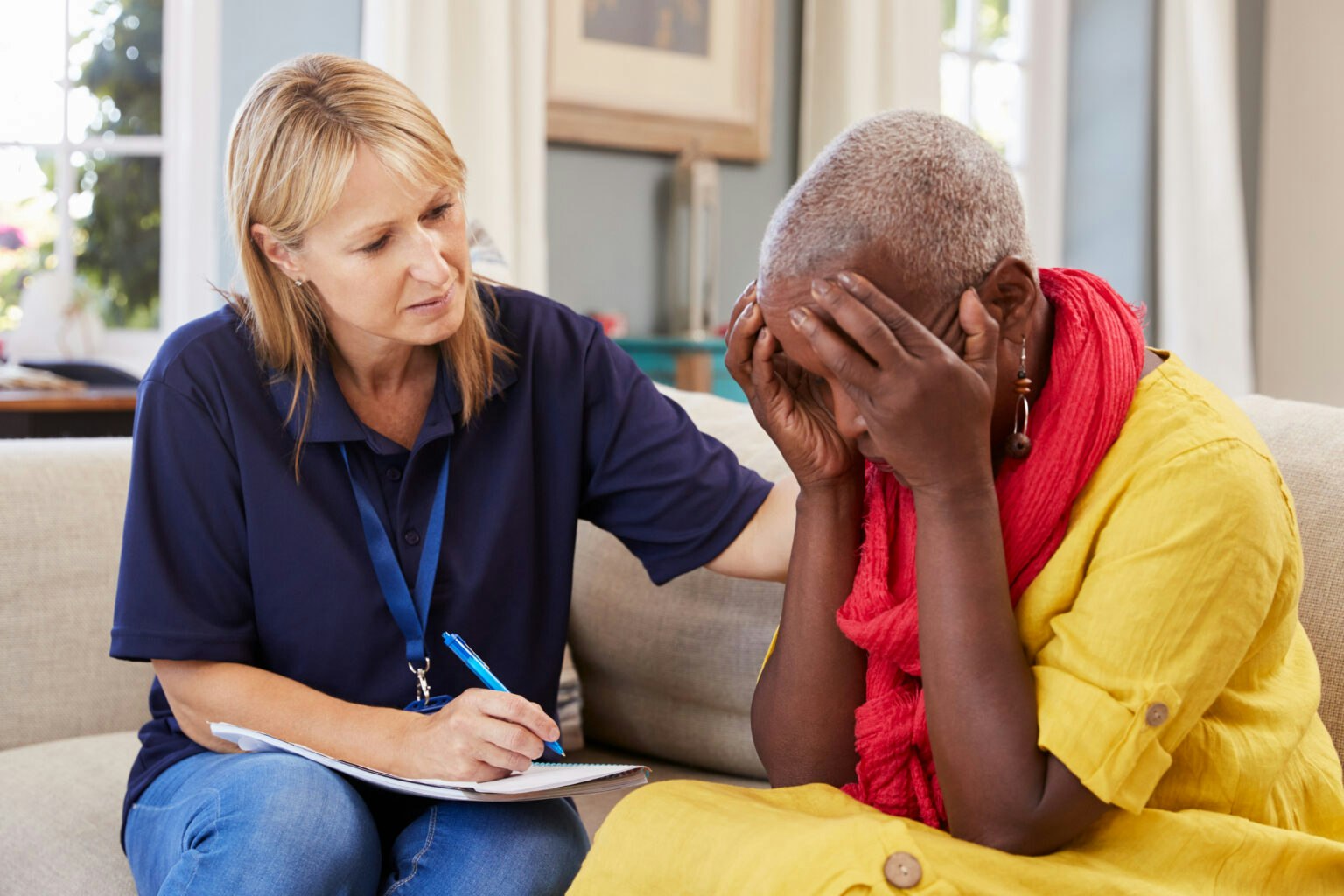
Social Workers–Breaking Barriers Since 1898
Over 100 years have passed since the first social work class was offered in Columbia University in 1898. A lot has also changed socially and politically since then. Still, the core focus of the profession has remained strong- a priority in addressing the well-being and needs of our community. Today, social work is as diverse as our social issues. While many social workers choose a particular population or setting as their life’s work, others change focus as their careers evolve. You may encounter various types of social workers as a caregiver:
Social Workers in the Education System
Social workers in the education system promote students’ academic and social success. They are usually employed by a school district. They serve as a bridge between the student and the resources available to help support students within the community.
Social Workers in The Department of Veteran Affairs
The US Department of Veteran Affairs (VA) is currently the largest employer of social workers in the US, employing an estimated 18,000 workers annually. A social worker in the VA is charged with helping veterans, and their families access available care in their community. They ensure that Veterans receive continuity of care- from admission to treatment and follow-up.
Social Workers in the Hospital
If you don’t have children or a family member in VA, you will likely encounter social workers in a hospital setting. Hospital social workers ensure your family member is comfortable and has the resources needed for a safe recovery. Usually, their work starts the moment someone is admitted to the hospital. They work with the attending physician to develop and implement a care plan. They also work with outside agencies or insurance companies to cover treatment and medication costs
Social Workers in Hospice Care
The role of a social worker who is part of an interdisciplinary team for a patient receiving hospice care is to advocate for their end-of-life wishes and help their families address the emotional aspects of late-stage illnesses. They play a crucial role in assisting families in navigating the end-of-life care journey.
Social Workers–Breaking Barriers For Caregivers
As a caregiver, you may get to a point when you feel stuck and don’t know what to do. You have more questions than answers; you feel burnt out, and finding help gets harder and harder. If your loved one is being cared for by a team of doctors, chances are you have access to a social worker. Social workers are a great resource to help you navigate your loved ones’ illnesses and provide resources you may not know are available.
Whether you are caregiving at home or taking care of a loved one in residential care, social workers can help;
-
- Coordinate with the medical team (physicians, nurses, psychologists, occupational therapists, case managers, and other health care team members) as treatment plans are developed and updated.
- Access financial resources for which you and your loved one may be eligible, such as Medicare, Medicaid, pensions, insurance, Veteran’s Affairs, or government assistance programs.
- Provide information and education on your loved one’s disease process and what to expect.
- Identify services that can help make your experience easier, such as respite care, transportation to medical appointments and affordable medical equipment, such as hearing aids or mobility aids.
- Facilitate conversations about difficult topics such as the end of life, funeral and advanced care planning.
- Provide bereavement support or grief counseling when your loved one has passed away.
- Comfort and help you feel less alone.
Social work has been a core discipline of MJHS Health System since its start in 1907. They are an integral part of our interdisciplinary team, helping caregivers break barriers by providing support and connecting them to resources in the community.
At MJHS, we currently employ numerous social workers as part of our care teams. We also play an essential role in developing Continuing Education curricula for social workers within our system and anywhere in New York. This includes a monthly Webinar series and a new training program, Educating Social Workers in Palliative and End-of-Life Care (ESPEC).
At MJHS, we value both personal and professional caregivers and recognize the critical work you do. That is why we have created these online caregiving resources to help you through this crucial time in your life.
If you need additional help and support caring for your loved one, please feel free to contact MJHS. We can recommend other care options available to you through one of our programs.